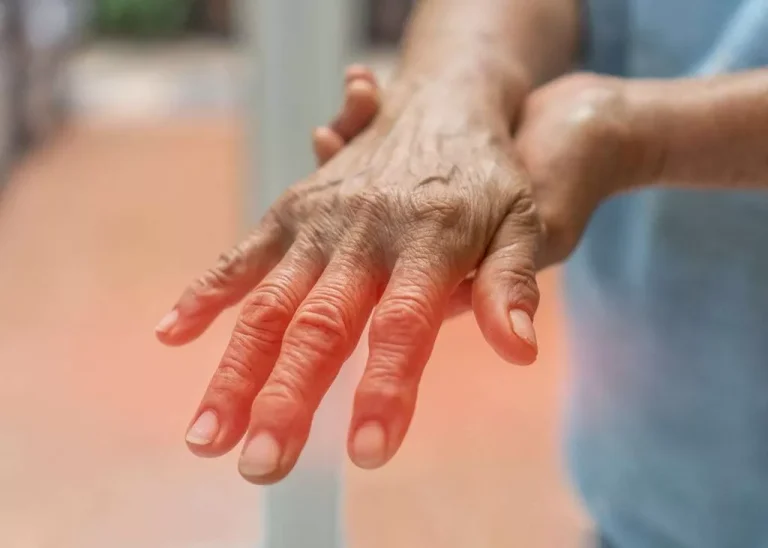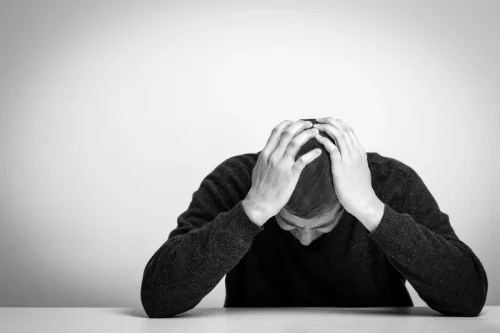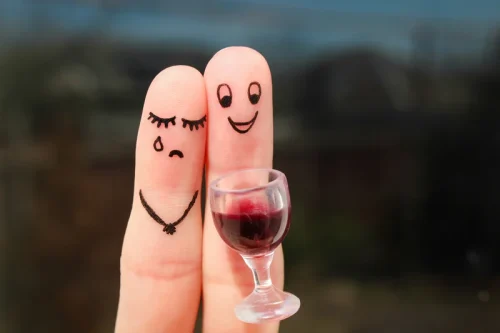
Alcohol Detox: Process, Effects, and Timeline

By reading up on alcohol withdrawal and learning more about treatment and self-help options, you’ve taken an important step toward recovery. If your doctor thinks you might be going through alcohol withdrawal, they’ll ask you questions about your drinking history and how recently you stopped. They’ll want to know if you’ve ever gone through withdrawal before. The main management for severe symptoms is long-acting benzodiazepines — typically IV diazepam or IV lorazepam. By Sarah Bence, OTR/LBence is an occupational therapist with a range of work experience in mental healthcare settings.

Who is more at risk for severe alcohol withdrawal symptoms?
This depends on the individual and the results of laboratory tests that their doctor may order. In general, blood work will test serum magnesium, and replacements will occur if indicated. Vitamins such as thiamine and folic acid will need to be supplemented. The person should also try to eat three well-balanced meals per day and drink enough water to remain hydrated.
1. Questionnaires to detect alcohol use disorder
It does this by producing naturally stimulating chemicals (such as serotonin or norepinephrine, which is a relative of adrenaline) in larger quantities than normal. In addition to benzodiazepines, a person may also require other medications, such as phenytoin, barbiturates, and sedatives, which include propofol, ketamine, or dexmedetomidine. Symptoms can become severe, and it can https://ecosoberhouse.com/ be difficult to predict which people will develop life-threatening symptoms. Alcohol use disorder can lead to various physical and mental health conditions. If a person has alcohol use disorder, their body gets used to a certain amount of alcohol in their system. Too much alcohol can irritate the stomach lining, cause dehydration, and lead to an inflammatory response in the body.
Severe Symptoms
Some researchers note that these prolonged but lower-intensity symptoms can even persist for 2 or more years — especially symptoms that affect your sleep. AWS is often accompanied by intense cravings to drink and may affect your emotional, cognitive, and physical well-being. Alcohol has what doctors call a depressive effect on your system. It slows down brain function and changes the way your nerves send messages back and forth.
Common Alcohol Withdrawal Symptoms
Moderate to heavy drinkers can also benefit from medical supervision in the acute withdrawal stage. Benzodiazepines (tranquilizers) are the main treatment for symptoms of withdrawal, like the shakes, alcohol withdrawal and are also key to preventing serious complications such as delirium tremens (DTs). Although you might be tempted to tough out withdrawal symptoms by yourself, it’s not worth the risk.
Research shows people who have a supportive social network are more likely to remain alcohol-free after withdrawal. Those with a wider circle of support have a better chance of staying sober. In fact, an estimated one-third of people who receive treatment for alcohol issues are sober one year later, according to the National Institute on Alcohol Abuse and Alcoholism. If your drinking makes you feel out of control and you are ready to seek help, many organizations can assist you.
- The main goal of treatment is to minimize your symptoms and prevent more severe ones like seizures or delirium, which could be fatal in some cases.
- You can still pursue therapy and support groups as you go through withdrawal.
- This disorder also involves having to drink more to get the same effect or having withdrawal symptoms when you rapidly decrease or stop drinking.
- Know that your provider will be there to support you, not to judge you.
It’s very important to seek help if you struggle with alcohol use disorder. It is possible to get treatment and live a healthier life with a better relationship with alcohol. A healthcare provider will also run tests to rule out other medical conditions that have similar symptoms of alcohol withdrawal or occur alongside withdrawal. These conditions include gastrointestinal bleeding, infection, intracranial hemorrhage (acute bleeding in the brain), and liver failure.

Alcohol withdrawal treatments
Those with severe or complicated symptoms should be referred to the nearest emergency department for inpatient hospitalization. Some symptoms, such as irritability, fatigue, and sleep disturbances, may persist over time while the body adjusts to the lack of alcohol. Individuals may also want to consider maintenance medications, a support group, or enlisting the support of friends. When a person is detoxing from alcohol, the symptoms may begin anywhere from 6 hours to a few days after their last drink. It can be helpful to make a plan ahead of time for how to handle a relapse. For example, some people choose to write a list of reasons why they want to stop drinking alcohol, and revisit the list to remind themselves after a relapse.
- Seizures can occur within 6 to 48 hours, while hallucinations can occur within 12 to 48 hours after drinking is reduced or stopped, says Dr. Nolan.
- The experience of withdrawing from alcohol can be uncomfortable and difficult.
- However, if a person already has alcohol use disorder, they can help prevent some of the withdrawal symptoms by speaking to a doctor about safe withdrawal.
Medications for Alcohol Withdrawal Symptoms
- You may experience AWS between a few hours to a few days after your last drink or suddenly after reducing heavy alcohol use.
- We’ll be able to tell you if your insurance provider is in network with an American Addiction Centers treatment facility.
- The higher the number, the worse a person’s symptoms are and the more treatments they likely need.
- Research also notes that an intravenous administration of benzodiazepines can help decrease the risk of delirium tremens.
- For those with alcohol use disorder, withdrawal is just the first (but very important) step on a long journey to recovery.
These symptoms may start a few hours or a few days after your last drink of alcohol. Sometimes, symptoms may be severe enough to require medical treatment at a hospital or rehabilitation facility. Here are suggestions for how to get through alcohol withdrawal at home. The symptoms most commonly begin between 6 to 24 hours after your last drink.

© 2021 Oak Tree. All rights reserved.


Comments are closed.